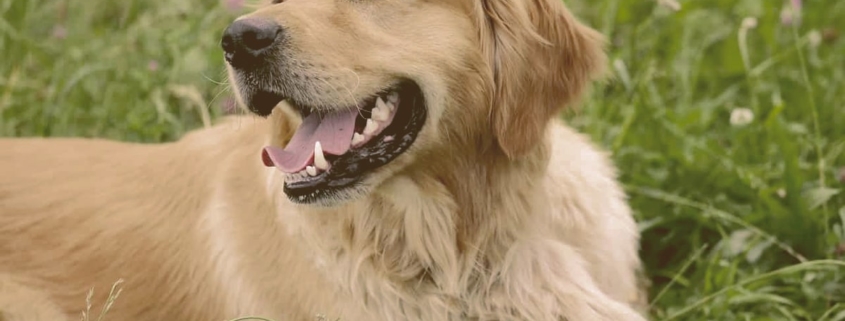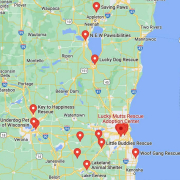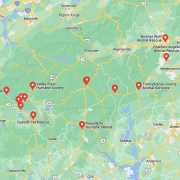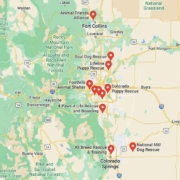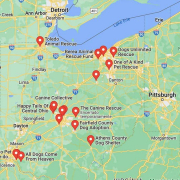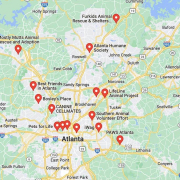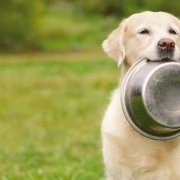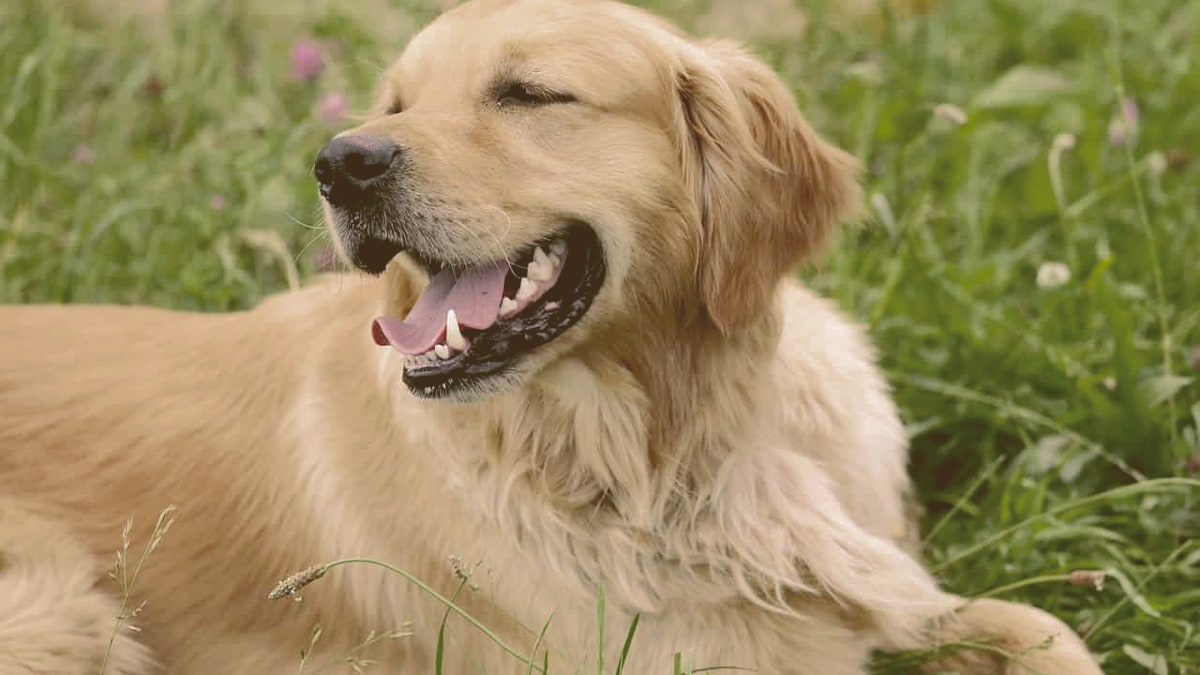
5 Reasons Why Your Golden Retriever Is Not Fluffy
Alex Vicente • Updated on August 1, 2023
- This review contains affiliate links. Read more here.
- Not a substitute for professional veterinary help.
The Golden Retriever is a popular family dog that many people love.
They have a classic golden coat that is known for being extra fluffy.
However, many Golden Retriever owners purchase these pups and find that they are not as fluffy as they imagined.
Some of these coat issues are an easy fix, while others may take a bit of time and work.
If you would like to learn more about why your golden retriever is not as fluffy as you had hoped and how to fix these issues, keep reading as we go over 5 of the most common reasons why.
Table of Contents
Ensure Proper Coat Care is Taking Place
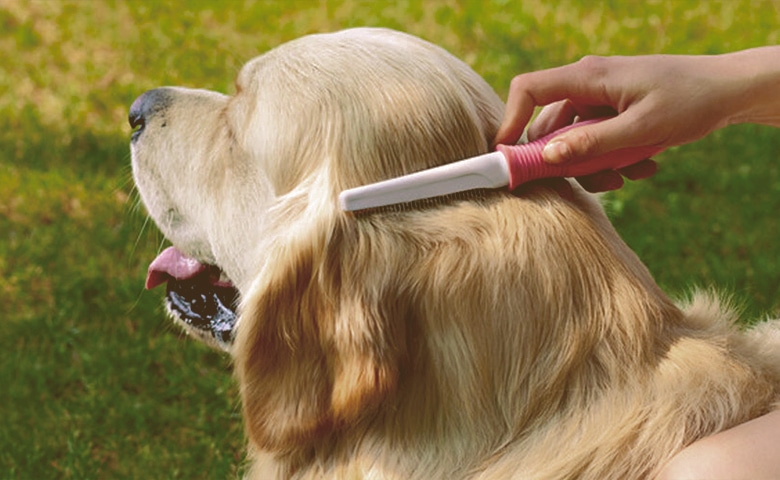
If you adopt an older golden retriever or find that your adult dog is not as fluffy as you had hoped, you will want to consider the coat care you offer your pup. This breed is known for their coat upkeep and it is not always an easy process. A coat that is not properly cared for will be less shiny and not nearly as fluffy, which means you will need to reassess your care routine.
A golden retriever must be brushed regularly to ensure it remains nicely shiny and fluffy. The brushing process should start when your dog is a puppy, which will create good habits and ensure your dog adjusts well to this care. By starting young, you should get a good start on creating a quality coat.
Once you establish a good grooming routine with regular brushing, you will want to continue doing this once or twice a week. It can be easy to let time get away from you and forget to brush your pup regularly. However, you can always reestablish a quality brushing routine.
When you brush your dog’s coat regularly, just some of the benefits you will see are:
- It will remove excess dead hair. This not only keeps the hair fresh but helps lower the risk of matting and keeps hair detangled.
- It removes dead skin cells. An excess of dead skin cells will cut down on the pet dander your dog has. This not only helps with the coat but also will improve the cleanliness of the home.
- It will remove any loose hairs that your dog has. This removal of dead hair will make room for new hair growth.
- It redistributes the skin oils, which will make the coat shinier and silkier.
The simple addition of a regular brushing routine will ensure that your dog has a soft, silky, and fluffy coat.
Offer Regular Bathing
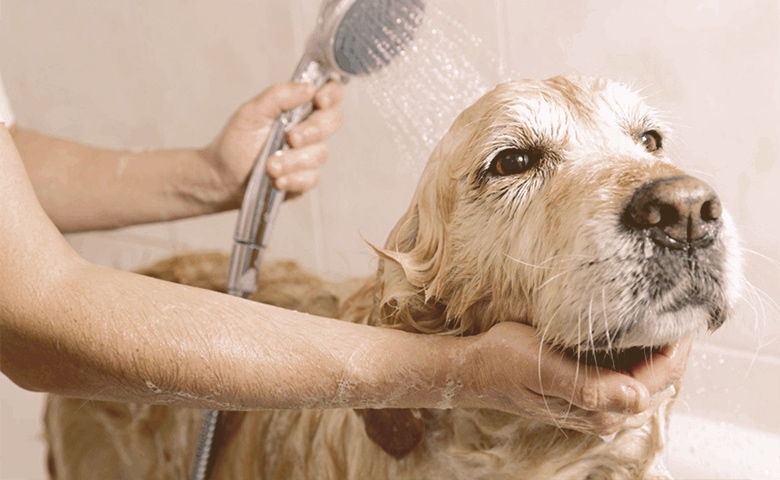
Going hand in hand with this, you will want to offer regular bathing to your Golden Retriever. If you cannot remember the last time your pup had a quality bath, you will want to start there. Offering regular baths may not completely offer fluffiness, but it will improve your dog’s coat.
You should be bathing your Golden Retriever fairly regularly, though it is clearly not required every day. However, this is something that should be done every few weeks to a month or as you believe that your dog needs it. By bathing your dog regularly, you will remove any dirt, twigs, burrs, or other debris that may have built up over time.
Always shop around for quality shampoo that works for your dog’s hair and breed. You can even ask for assistance from a vet if you do not know of a good shampoo that will work well. After bathing your pup, give them a good brushing and you should see a notable coat difference.
Keep Your Dog’s Age in Mind
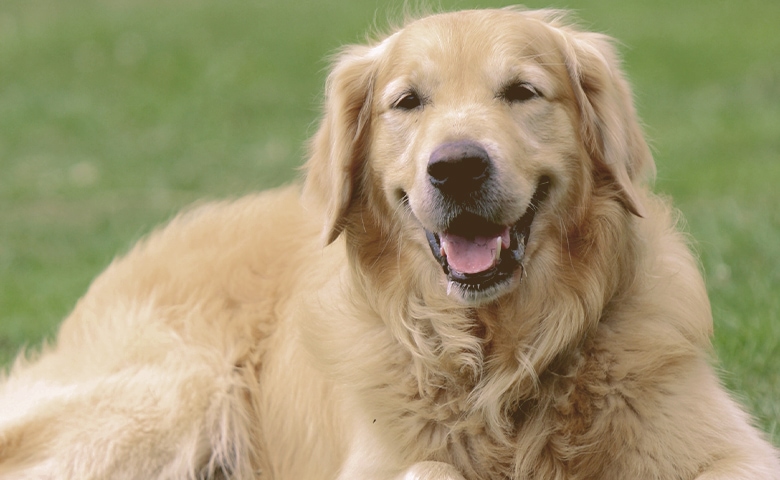
One reason why many find that their Golden Retriever is not yet fluffy is from age alone. If you purchase or adopt your Golden Retriever at a young age, it could easily be that they have yet to get their final fluffy coat. Golden Retrievers like many other breeds will go through several coat changes before reaching their adult coat.
Puppies will not have the same texture coat as the adult of the breed. Some things to keep in mind about your Golden Retriever and the changes in the coat you will see are:
- Three Months and Under – Puppies at this age will look very similar to other breeds with the same colors, such as Labradors. Coats at this age will be far different than a normal adult coat and this is very normal. At this age, you should focus primarily on teaching good grooming habits and work on training your pup.
- Three to Eighteen Months – At this stage, you will see a change in your dog’s coat, and it will begin growing a coat that is similar to the adult hair. This stage is often called feathering because you will see feathers of longer hair growing out amongst the puppy coat. Feathering begins at the tail, moving upward and darkening the hair in color.
- Eighteen Months and Up – After the year and a half mark, your Golden Retriever should have a large majority of their adult coat and you should be able to recognize what this coat will look like. Some dogs will take a bit longer to finish growing this adult coat and you should not be alarmed. If your dog still has not reached an adult coat by three years, you may want to seek attention from a vet.
Overall, your dog will go through several phases of the coat as they grow older. If your dog is not as fluffy as you would expect as a puppy, this does not mean they will not be a fluffy adult dog.
Offer Better Diet and Nutrition
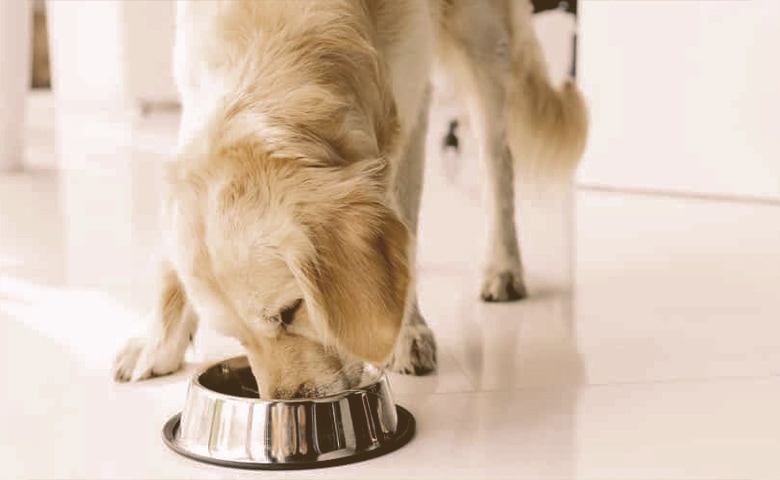
If your adult Golden Retriever does not have a fluffy coat or if you have noticed a change in the dog’s coat, it can be linked to nutrition. You will want to start your dog on a quality diet from an early age and this will help develop a shiny, silky coat. If your dog is not getting the nutrition it needs, the coat will be one of the first areas that will suffer.
Some signs of improper nutrition that you will want to look for in your Golden Retriever are:
- Excessive Shedding
- Bald Patches
- Extreme Loss of Hair
- Dry Hair
- Dandruff
If you notice any of the above issues with your dog, you will want to seek better quality nutrition. You should seek professional help if you do not know how to offer your dog quality nutrition. A vet can often point you in the right direction and ensure that your dog is getting the food that they need.
How to Pick Your Dog’s Diet?
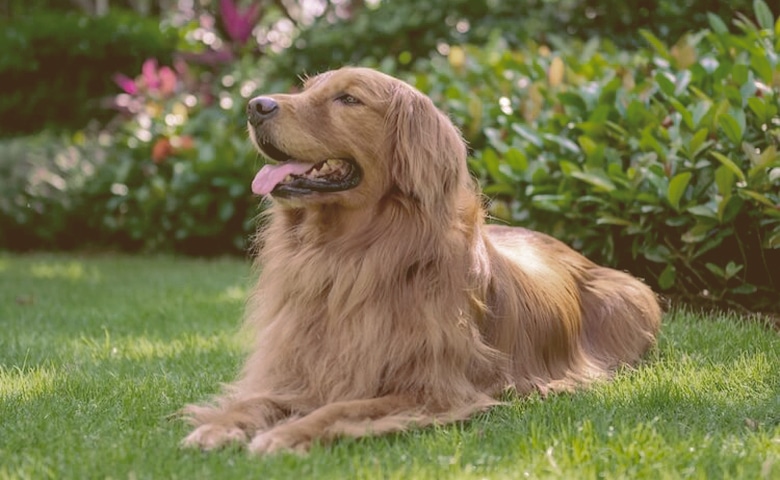
When it comes to nutrition, this will need to be tailored to fit your dog’s exact needs. Dogs are not all the same and even different Golden Retrievers will need different foods and supplements. You will want to research various types of foods and see what works best for your dog’s needs.
When choosing a food for your Golden Retriever, you will want to keep in mind the dog’s age, size, and activity level. Your dog’s food will need to change as they grow older and their needs begin to change. Any food that you offer your dog will want to be high quality and offer quality ingredients.
For many, the higher quality the foods are the higher the price tag will be. If you cannot afford a quality food for your dog, find the best inexpensive dog food that is available at your price range. If you really want to enhance the coat, you can always implement Omega-3 or other health supplements for your dog.
It Could be Genetics or Unknown Health Concerns
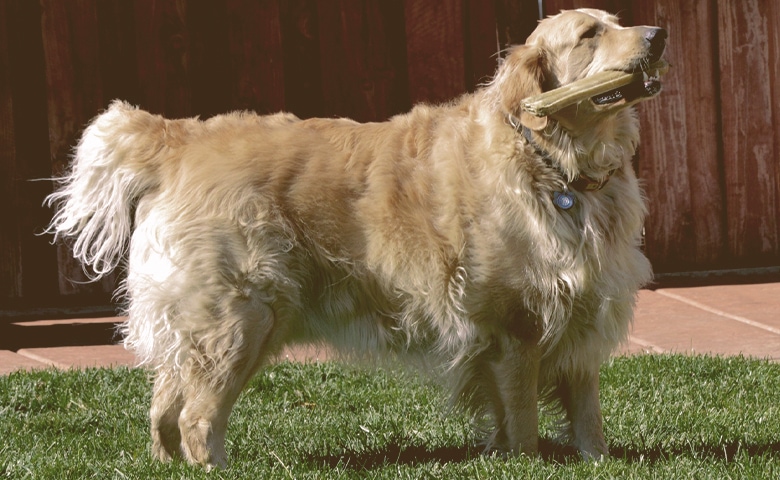
One thing about Golden Retrievers is that they are not all as fluffy as others. If your adult Golden Retriever is not as fluffy as you had hoped and you have no major concerns, it could simply be genetics. It is best to work through our list of possible causes and if none are left, genetics can be a major factor.
Some Golden Retrievers simply have a less fluffy coat. It is important to note that some dogs in this breed have wavy hair while others have fluffy hair. You can often consult your breeder to see what the parents of your pup have and if they are not as fluffy, your dog may not be either.
In addition, if your adult Golden Retriever is not as fluffy as you would like and you have noticed other concerns, it is time to consult a vet. Your dog may have some unknown health concerns that need to be addressed. If you are concerned whether this is caused by genetics or unknown health concerns, you will want to consult a vet for further testing.
Restore Your Golden Retrievers Coat
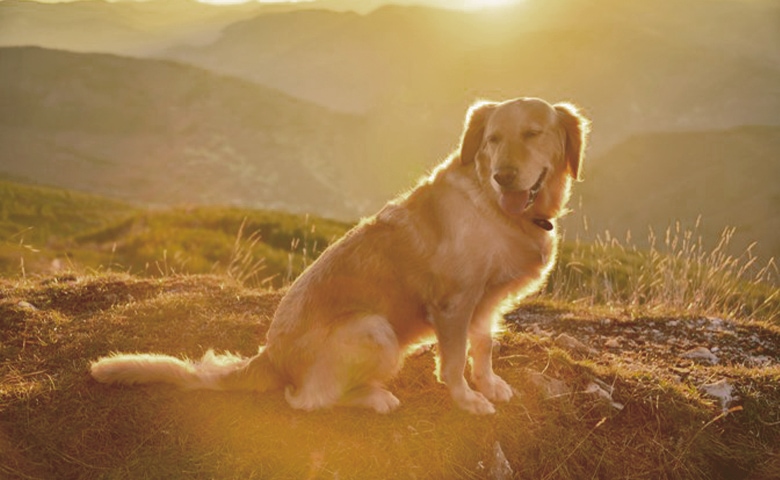
If you are concerned with your dog’s coat and question why it is not as fluffy as you had hoped, go through the list of reasons above. From brushing and bathing to poor nutrition, there are several areas where you may need to improve your offered care. However, if you feel that your dog is receiving quality care, you may find that this less fluffy coat is simply due to genetics.

